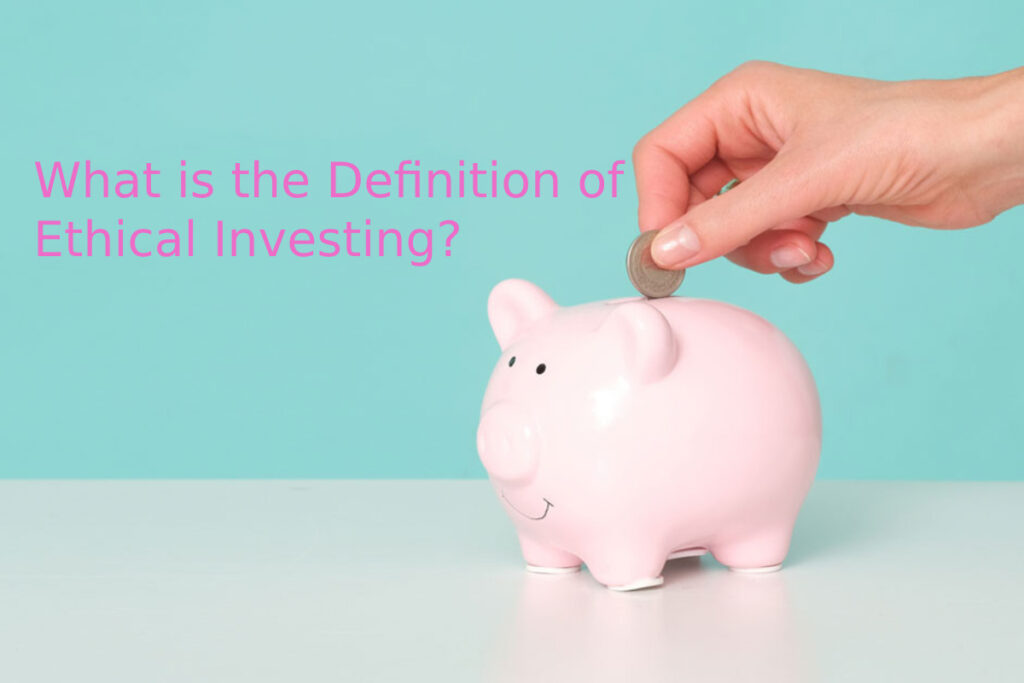Definition of Ethical Investing – In the current political and social landscape, more and more people are wondering what they can do to make a difference. One option is ethical investing: choosing to put your money into companies and funds that align with your values.
But what does that mean, exactly? This post will explore the definition of ethical investing and how it can relate to your portfolio.
Defining Ethical Investing
Defining ethical investing is important because, at its core, it is all about making investment decisions based on social and environmental considerations. Ethical investing is selecting companies whose business practices reflect values such as environmental sustainability, financial transparency, fair treatment of workers, and respect for human rights.
Why Ethics Are Important To Investors?
Making ethical investments is an excellent choice for many reasons. First, these investments are good for the environment and can help protect species, habitats, and natural resources. This can benefit people and animals, creating a more sustainable future for everyone. Additionally, ethical investments support companies prioritizing social and environmental impact over short-term profits.
Not only does this help to protect the planet, but it also gives businesses an incentive to do better for their workers and communities. So ethical investments are the way to go if you’re looking to make the world a better place or want to maximize your return on investment. After defining ethical investing and understanding its place in your portfolio, you can become an even stronger investor.
Using Ethics in Your Investments
There are several different ways that you can incorporate ethics into your investments. Perhaps the most straightforward way is to choose companies that align with your values and beliefs. For example, if you care deeply about climate change and protecting the environment, you might invest in renewable energy companies or those working on cutting greenhouse gas emissions.
Alternatively, you could invest in companies that treat their workers fairly by ensuring their employees receive fair pay and benefits. This can be done by making a deliberate effort to select companies with transparent financial reporting. Additionally, many investors prefer to invest responsibly by choosing companies that are making a social, environmental, or community impact in positive ways rather than simply maximizing profit for shareholders.
Another option is to look for opportunities to invest in nonprofit organizations or community projects. This can be done directly through a donation or indirectly through investments or tax breaks. Whether you decide to place importance on financial or ethical considerations when choosing investments will depend largely on your unique priorities and values.
Conclusion: Invest Ethically And Responsibly
Whatever approach you choose for ethical investing, it is essential to understand the various aspects involved in this critical decision-making process. By evaluating each company’s practices carefully before deciding which stocks or funds to put your money into, you can feel confident that your investment choices align with your core beliefs while still providing you with favorable returns over time. Additionally, ethical investments tend to be more sustainable and outperform traditional investments over the long term.


